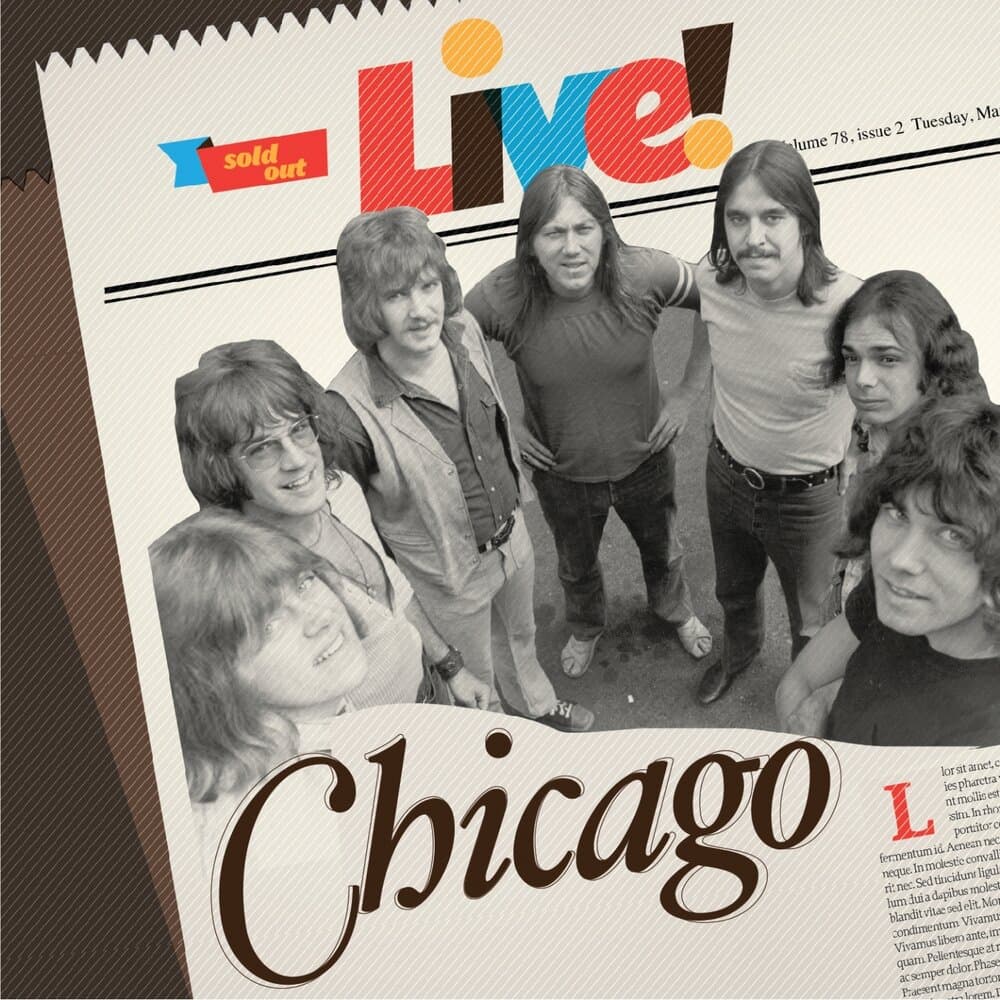
“Questions 67 and 68” by Chicago: A Soulful Fusion of Love, Memory, and Big Band Brilliance
“Questions 67 and 68” isn’t just a song; it’s an ode to love, memory, and musical innovation. As the first single released by the then freshly christened Chicago Transit Authority, this track set the stage for a band that would become one of the most influential forces in rock history. Released in 1969, the song encapsulates Chicago’s unique blend of jazz, rock, and soul, driven by their now-iconic horn section and profound lyrical storytelling.
Written by Robert Lamm, “Questions 67 and 68” draws from his own experiences, chronicling the nuances of a romantic relationship he had during the years 1967 and 1968. The song is a lyrical exploration of love’s complexities and fleeting nature, wrapped in a title that suggests introspection and retrospection. In Lamm’s own words, the song carried “a hint of acid imagery” and was deeply inspired by the Beatles, reflecting the psychedelic, experimental ethos of the late 1960s.
At the heart of the track is the dual vocal interplay between Peter Cetera and Lamm, a dynamic that lends the song its rich emotional depth. Cetera’s soaring lead vocals capture the yearning and vulnerability of the lyrics, while Lamm’s contributions ground the song with introspective gravitas. This vocal arrangement, paired with James Pankow’s intricate horn orchestration, creates a sound that is simultaneously robust and intimate—a hallmark of Chicago’s style.
Pankow later reflected on the song’s horn arrangement, noting how relentless and harmonically dense it was, with the brass section playing almost non-stop from the first bar to the last. This ambitious approach mirrored the energy of a big band and contributed to the song’s distinctive sonic character, which producer James William Guercio amplified by layering and tripling parts to create a rich, expansive soundscape.
Musically, “Questions 67 and 68” is a masterclass in blending genres. The horns drive the song forward with a jazzy precision, while the rhythm section grounds it in rock sensibilities. Billboard described it as a “soulful, driving rhythm ballad with big band in strong support,” a testament to Chicago’s ability to seamlessly marry these influences into something entirely their own.
Though it reached a modest #71 on the Billboard Hot 100 during its initial release, the song’s reissue in 1971, buoyed by Chicago’s growing popularity, pushed it to #24, solidifying its status as a fan favorite. Beyond its chart success, “Questions 67 and 68” has earned critical acclaim over the decades. Ranked ninth by Ultimate Classic Rock in their list of top Chicago songs and celebrated as one of the greatest “question songs” in rock history, it remains a touchstone in the band’s illustrious catalog.
The enduring appeal of “Questions 67 and 68” lies not only in its innovative composition but also in its emotional resonance. It’s a song that asks universal questions about love and time, capturing the bittersweetness of memory and the longing for clarity in relationships. For listeners, it’s a timeless reminder of Chicago’s ability to craft music that’s as thought-provoking as it is musically electrifying.
Decades after its release, “Questions 67 and 68” continues to stand as a testament to Chicago’s fearless creativity, blending the cerebral with the visceral in a way that remains unmatched. For anyone revisiting this classic, its intricate layers and heartfelt essence are a reminder of why Chicago’s music has stood the test of time.